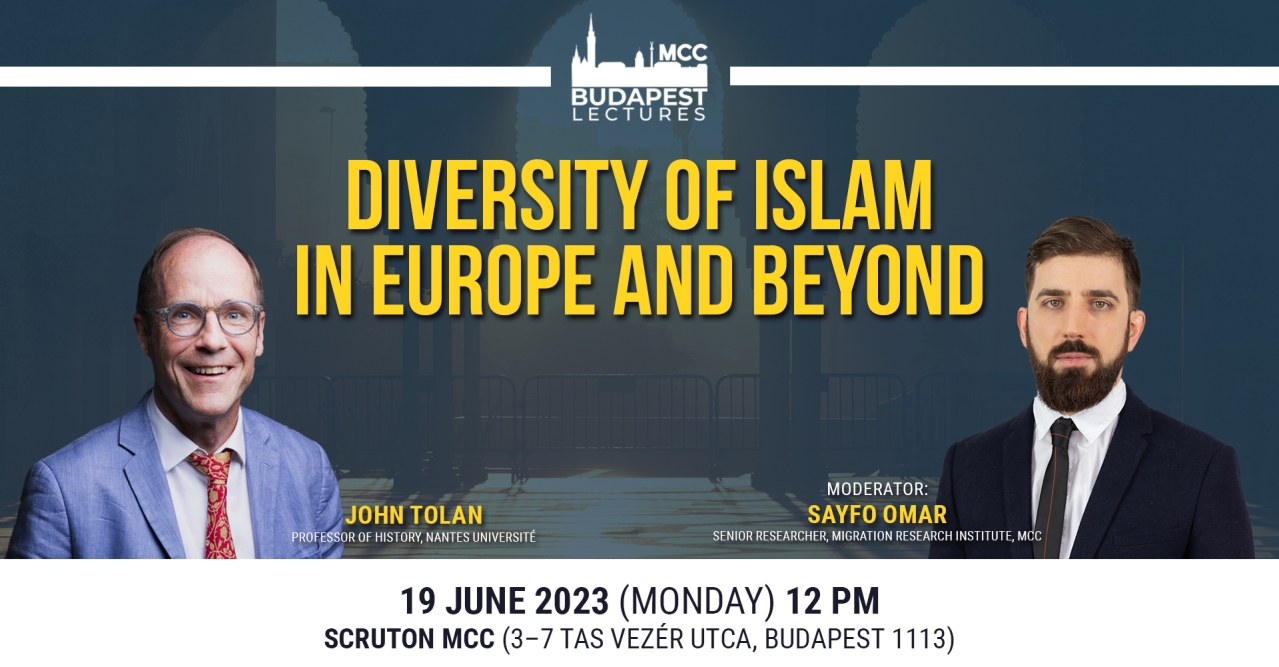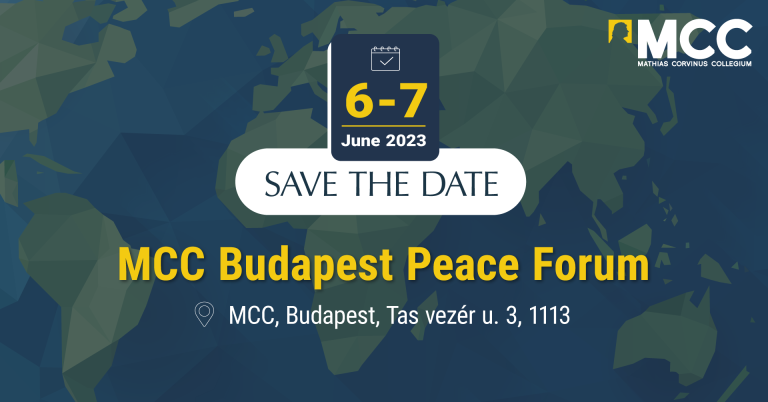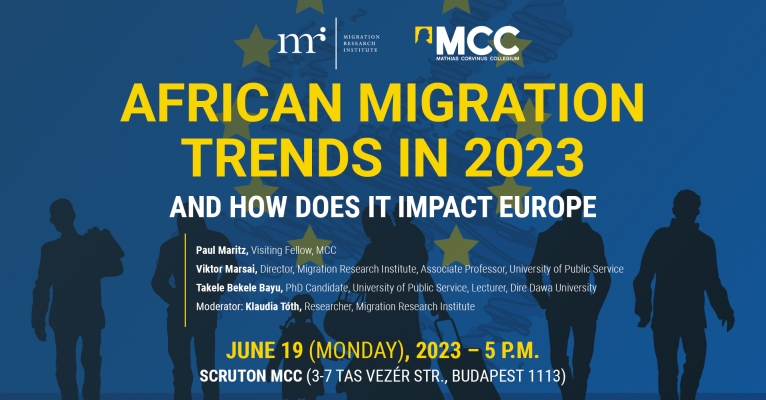Islam, for some, is a prescriptive legal system defining what one can eat, how one should dress, whom one can marry, and almost what one can think. This is the Islam promoted by fundamentalist Wahhabi and Salafi Muslims in Europe and elsewhere. However, just as in other faith traditions, Muslim scholars have developed varied positions and responses to the numerous questions and issues that have been raised and discussed over the past 1400 years in the various lands where Islam is practiced. These perspectives and resulting practices differ partly because of the diversity within the Muslim community in geography, ethnicity, culture, and age. Our next lecture will focus on a few historical examples to illustrate Islam’s complexity, diversity, and implication in European culture.
Language: English
Program
12.00 – 12.45 PM Moderated discussion
- John Tolan, Professor of History, Nantes Université
- Moderator: Sayfo Omar, Senior Researcher, Migration Research Institute, MCC
12.45 – 1.00 PM Q&A
JOHN TOLAN works on the history of religious and cultural relations between the Arab and Latin worlds in the Middle Ages and on the history of religious interaction and conflict between Jews, Christians, and Muslims. He studied at Yale (BA classics), the University of Chicago (MA & PhD hist,ory) and the Ecole des Hautes Etudes en Sciences Sociales (Habilitation à diriger des recherches: HDR). He has taught at various universities in North America, Europe, Africa, and the Middle East; he is currently a professor of History at the University of Nantes and a member of the Academia Europæa and the Reial Acadèmia de Bones Lletres de Barcelona. He has received numerous prizes and distinctions, including two major grants from the European Research Council and the Prix Diane Potier-Boès from the Académie Française (2008). He writes in English, French, and Spanish; his work has been translated into Italian, Turkish, Polish, Russian, Bosnian, Arabic, and Korean. He is the author of numerous articles and books, including Petrus Alfonsi and his Medieval Readers (1993) Saracens: Islam in the Medieval European Imagination (2002), Sons of Ishmael (2008), Saint Francis and the Sultan (2009), Faces of Muhammad: Western Perceptions of the Prophet of Islam from the Middle Ages to Today (2019), Nouvelle Histoire de l’islam, VIIe-XXIe siècles (2022), and England's Jews: Finance, Violence, and the Crown in the Thirteenth Century (2023). He is one of the four coordinators of the European Research Council program “The European Qur’an” (2019-2025).
OMAR SAYFO has received his first degree from the Department of Semitic Philology and Arabic Studies at the ELTE BTK and his second degree from the Department of Political Science at the ELTE TÁTK. He received his PhD from Utrecht University in 2016. He wrote his dissertation on Arab children's television, examining how the production of children's content is embedded in the structures of the media industries in Arab countries, the links between the producers and distributors of programs and the various political and religious actors, and the ways in which different political and religious messages are reflected in children's content. He has contributed to several international academic journals, and his first academic monograph was published by Edinburgh University Press in June 2021. His writings have been published in several foreign journals, including The New York Times and Foreign Policy. Since 2019, he has been a research fellow at the Avicenna Institute for Middle East Studies. As a fellow at the Migration Research Institute, he focuses on the integration of Muslim diasporas in Europe and the dynamics of Middle Eastern societies.


